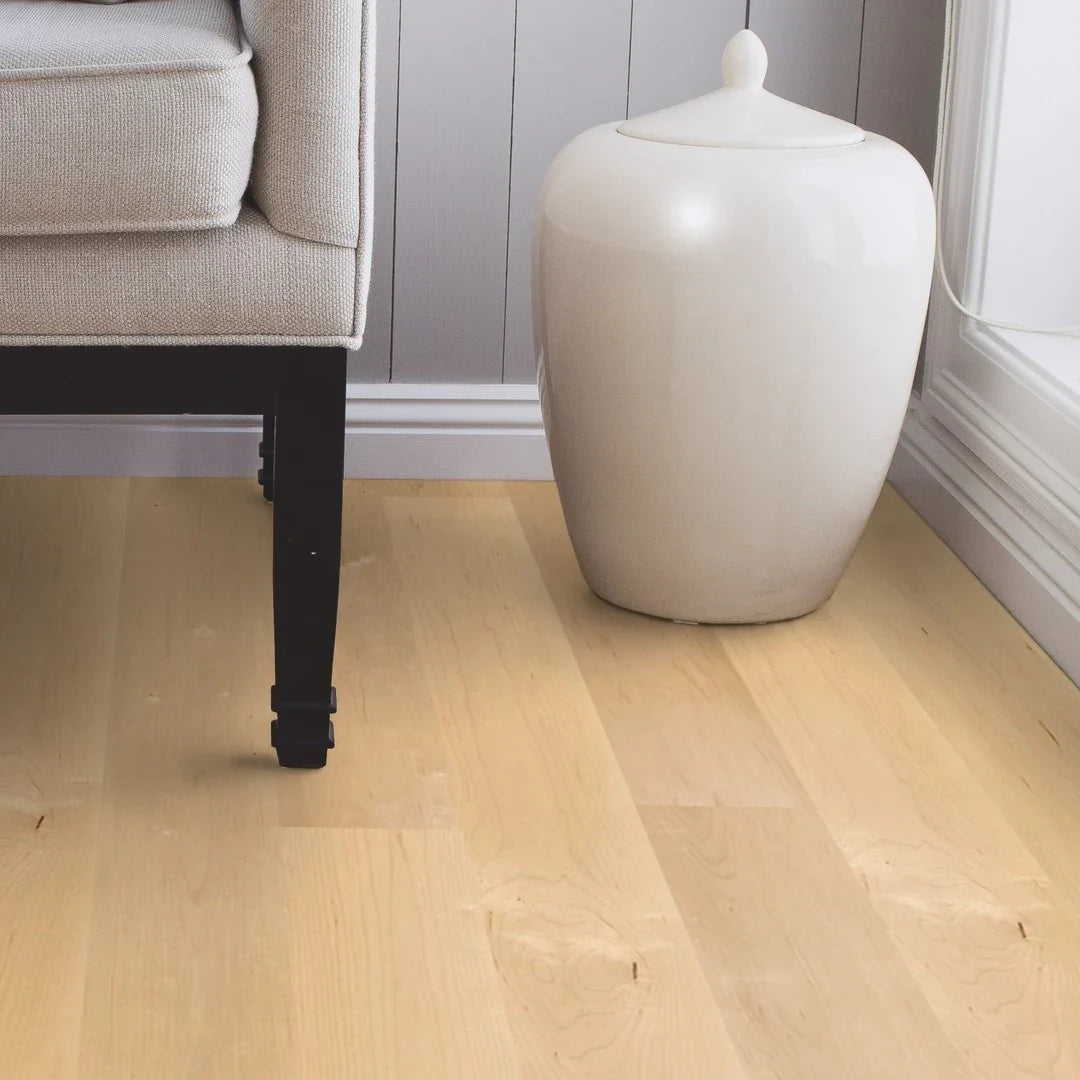
Author, Written by: Bledy (Installation Expert and Technical Writer)
One of the biggest questions homeowners face when planning a flooring update is whether to install it themselves or hire a professional. Flooring projects can range from straightforward click-lock laminate to complex herringbone wood designs, and the choice between DIY and professional installation often depends on budget, time, and skill level. Getting this decision right can save you money, time, and frustration.
When DIY Flooring Installation Makes Sense
1. Simple Click or Lock Systems
If you’re dealing with laminate, luxury vinyl click, or engineered wood with a floating floor system, DIY is often manageable. These products are designed with easy installation in mind, and many come with step-by-step guides.
2. Smaller Rooms or Low-Traffic Areas
DIY works best for bedrooms, home offices, or guest rooms where flooring won’t face heavy wear and tear. Mistakes here are less noticeable compared to high-traffic zones.
3. Budget-Friendly Projects
Skipping professional labour costs can make DIY a cost-effective choice, especially if you already have basic tools like a saw, spacers, and a tapping block.
4. Enthusiasts with Some Experience
If you enjoy hands-on projects and have tackled small home improvements before, laying down a simple flooring type can be rewarding and achievable.
When to Hire a Professional Installer
1. Complex Patterns or Layouts
Herringbone, chevron, and custom inlays require precision cutting and alignment. A professional ensures the pattern looks flawless and symmetrical.
2. Subfloor Preparation
Uneven, damp, or damaged subfloors need professional attention. Without proper prep, even the best flooring won’t last long.
3. Large or High-Traffic Areas
Living rooms, kitchens, and hallways see the most use. A professional finish in these spaces adds longevity and prevents costly mistakes.
4. Specialised Materials
Solid hardwood, stone flooring, or glued-down vinyl can be tricky for beginners. These materials require specialised tools, adhesives, and expertise.
5. Warranty Protection
Some flooring brands only honour product warranties if installation is completed by a certified professional. Hiring one ensures you stay covered.
Key Considerations Before Deciding
-
Time Commitment: DIY takes longer, especially if it’s your first time. Professionals can often finish in a day or two.
-
Tool Availability: Some installations require tools that are expensive to buy or hire for one project.
-
Finish Quality: Even if you install the floor correctly, trim details, thresholds, and transitions often reveal the difference between DIY and professional work.
Considering all this facts
The decision between DIY and hiring a professional depends on your flooring type, skill level, and the room you’re working on. DIY can save money and feel rewarding for straightforward projects, while professionals bring speed, expertise, and peace of mind to more complex jobs. By weighing your goals and resources carefully, you can choose the approach that gives you a beautiful floor that stands the test of time.
About Author:
Bledy is a flooring installation expert with over 15 years of experience. She writes easy-to-follow guides and tips to help homeowners and professionals with flooring projects.
